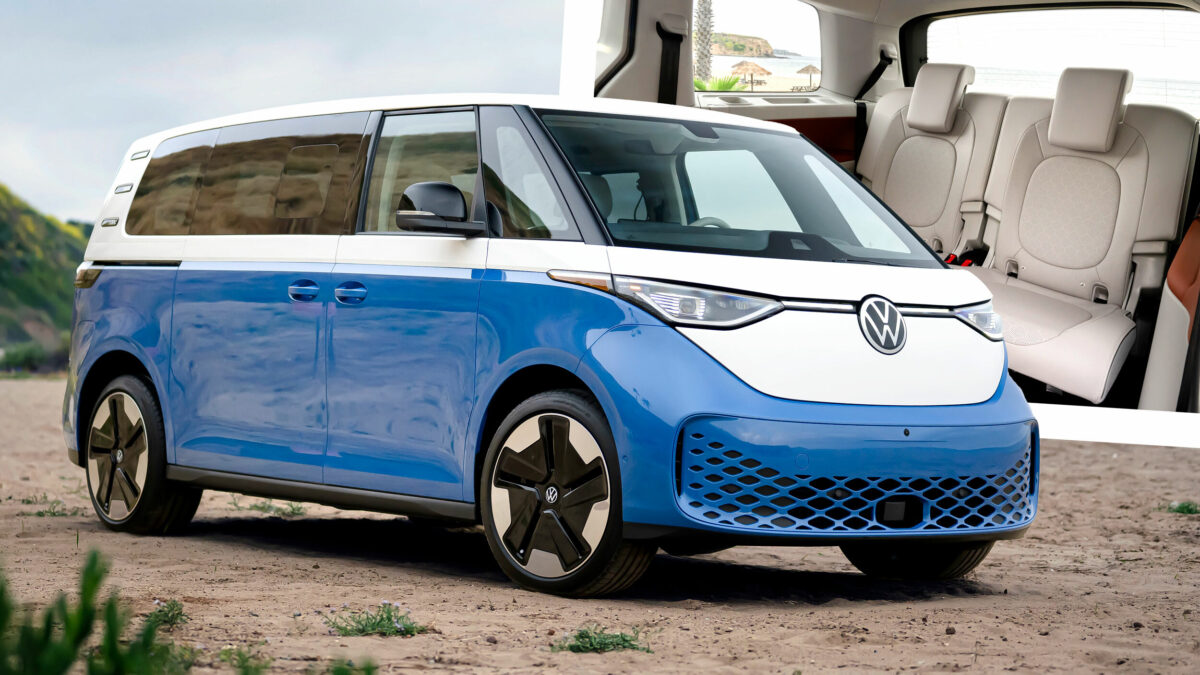Electric vehicles (EVs) are often celebrated as a cornerstone of the green revolution, helping to reduce carbon emissions and battle climate change. However, a recent study has thrown a curveball into this narrative, claiming that EV owners may actually have a bigger carbon footprint than expected. What’s going on here? Let’s break it down.
The Growing Popularity of Electric Vehicles (EVs)
Electric vehicles have been gaining popularity worldwide, and for good reason. Not only do they offer an exciting alternative to traditional gas-powered cars, but they also present a potential solution to the world’s climate crisis. With promises of zero tailpipe emissions and a future less reliant on fossil fuels, it’s easy to see why so many people are choosing to switch to electric.
Environmental Promises of EVs
When you think of electric cars, the first thing that probably comes to mind is their reputation as environmentally friendly. Many companies market EVs as the cleaner option, highlighting their zero emissions while driving, reduced air pollution, and alignment with a more sustainable future. The logic seems straightforward: fewer gas-powered cars, fewer emissions.
The Appeal to Consumers
For consumers, the appeal of an electric vehicle goes beyond its eco-friendly reputation. Many people appreciate the quiet ride, the lower long-term fuel costs, and even the cool factor of driving the latest cutting-edge technology. With government incentives and a growing number of charging stations, EVs have become a viable option for many.
The Study: Unveiling a Surprising Carbon Footprint
However, a recent study challenges the idea that EVs are always the greener option. This study revealed that, in some cases, the carbon footprint of electric vehicle owners might be larger than that of traditional gasoline car owners. Surprised? Let’s dive into why.
How the Study Was Conducted
The study took a holistic view of the environmental impact of EVs, analyzing not just the tailpipe emissions (or lack thereof) but also the energy required to produce, charge, and dispose of these vehicles. It compared factors like manufacturing emissions, battery production, and the sources of electricity used to charge EVs across different regions.
Key Findings of the Study
The key finding of the study was that EVs, while zero-emission when driven, still rely on a variety of factors that contribute to their overall carbon footprint. In fact, in areas where electricity comes primarily from fossil fuels, EVs can have a surprisingly high environmental cost.
Why Electric Vehicle Owners Have a Bigger Carbon Footprint
So, why might EV owners end up with a larger carbon footprint? The answer lies in the complexity of how EVs are powered and produced.
The Role of Electricity Sources
One of the biggest contributors to an EV’s carbon footprint is the energy used to charge it. While driving, EVs produce zero emissions, but they still require electricity to run, and the environmental impact of that electricity depends on how it’s generated.
Fossil Fuels vs. Renewable Energy
In many regions, electricity is still generated from fossil fuels like coal and natural gas, which produce significant emissions. So, while EV drivers may feel good about not using gasoline, their vehicles might still be powered indirectly by polluting sources. On the other hand, in areas with abundant renewable energy, such as wind or solar, the carbon footprint of an EV is drastically lower.
Production of Electric Vehicles
Another major factor contributing to an EV’s environmental impact is the production process. Manufacturing an electric vehicle, particularly the battery, requires more energy than producing a traditional gasoline car.
Mining for Rare Earth Metals
Electric vehicles rely on rare earth metals like lithium, cobalt, and nickel for their batteries. Extracting these materials from the earth is an energy-intensive process that often involves environmentally harmful mining practices. The ecological damage from mining these metals is a significant factor in an EV’s overall carbon footprint.
Energy-Intensive Battery Production
Beyond mining, the actual production of batteries is also energy-intensive. Studies have shown that the carbon emissions from manufacturing an EV battery are substantial, meaning that an EV can start its life with a heavier environmental burden compared to a conventional car.
Are EVs Still Better for the Environment?
With all this in mind, you might be wondering: are EVs still a better option for the environment? The answer isn’t a simple yes or no—it depends on various factors.
Long-Term Emissions Comparison
Despite the high emissions associated with production, EVs still have the potential to be more environmentally friendly in the long run, especially as green energy becomes more widespread. Over the lifetime of an EV, the emissions from driving and charging can be significantly lower than a gasoline car, particularly if the electricity comes from renewable sources.
The Transition to Green Energy
A big part of whether EVs fulfill their environmental promises will depend on the global shift toward renewable energy. As more regions transition to wind, solar, and hydroelectric power, the carbon footprint of electric vehicles will naturally decrease, making them a better option for the environment.
Reducing the Carbon Footprint of EVs
So, what can be done to further reduce the carbon footprint of electric vehicles and ensure they live up to their green reputation?
Investing in Renewable Energy
The most significant factor is moving toward renewable energy sources for electricity generation. Governments and businesses need to continue investing in clean energy to ensure that EVs are powered by sustainable methods rather than fossil fuels.
Improving Battery Recycling
Battery recycling is another key area that can help reduce the environmental impact of EVs. By improving recycling methods, we can minimize waste and reduce the need for new mining, thus lowering the emissions associated with battery production.
Sustainable EV Manufacturing
Lastly, innovations in sustainable manufacturing processes can further reduce the carbon footprint of EV production. Car companies are already working on greener ways to build their vehicles, including using recycled materials and renewable energy in their factories.
Conclusion
While the study may have surprised many with its findings, it’s clear that electric vehicles still hold promise for a greener future. However, we can’t ignore the complexities of their environmental impact. As renewable energy becomes more prevalent and EV production methods evolve, the carbon footprint of electric vehicles will likely decrease. In the meantime, consumers and policymakers alike should focus on making EVs as sustainable as possible.



















